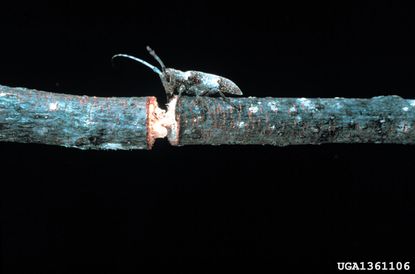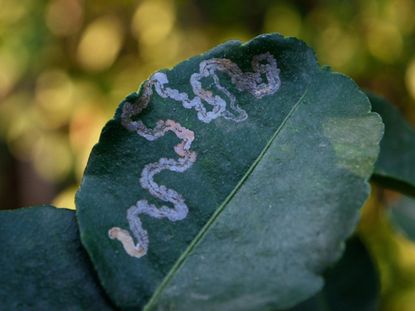Garden Pests
Identifying garden pests is sometimes difficult, as there are many, but important when it comes to pest control in your garden. However, with the right tips and facts about garden pests at your disposal, you can arm yourself with the tools you need for controlling pests before they take control of your plants. Common pests in the garden don’t need to be a cause for alarm. Simply use the following information for identifying garden pests and learn how to employ the best methods for pest control in your garden.
Explore Garden Pests
Garden Pests
-
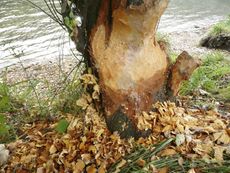
Beaver Damage To Trees: How To Protect Trees From Beaver Damage
While it's frustrating to notice signs of beaver damage to trees, it's important to recognize the importance of these wetland creatures and strike a healthy balance. Click this article for some helpful tips for protecting trees from beaver damage.
By Mary H. Dyer
-
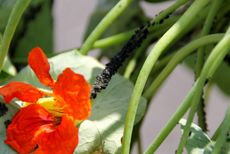
Trap Plants For Aphids: Plants That Repel Aphids In The Garden
Controlling aphids with plants is an easy and effective practice that anyone can do. Use the information found in this article to learn more about plants that naturally repel aphids as well as trap plants for aphid pests.
By Liz Baessler
-
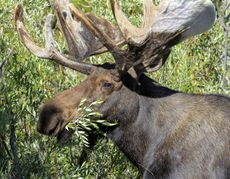
Types Of Moose Deterrents – Tips On Keeping Moose Out Of The Garden
Moose in the garden is a problem that doesn't happen in all parts of North America. That said, for those gardeners with a lifetime of experience of moose in yards, the key to success is mixing it up and confusing these huge grazers. Learn more here.
By Bonnie L. Grant
-
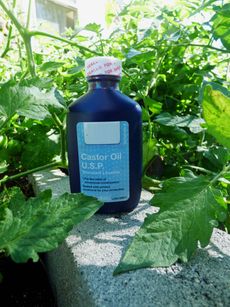
Castor Oil For Garden Use: Tips On Treating Pests With Castor Oil
Castor oil for garden use may repel voles, moles, and possibly other digging and tunneling animals, such as armadillos. Using castor oil as pest control is a time-honored method and is non-toxic and safe around children and pets. Click here to learn more.
By Bonnie L. Grant
-
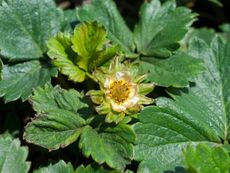
Treating Cyclamen Mites: How To Control Cyclamen Mites
Cyclamen mites can be very damaging to flowering plants and often go undetected until damage is already done. Click here to learn more.
By Mary Ellen Ellis
-
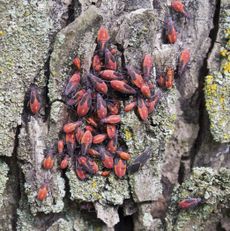
What Are Boxelder Bugs And What Do Boxelder Bugs Look Like
What are boxelder bugs? Boxelder bugs are major nuisances around the house but, fortunately, boxelder bugs in gardens are relatively harmless. Click this article to learn more about boxelder bugs, including a few tips for boxelder bug control.
By Mary H. Dyer
-
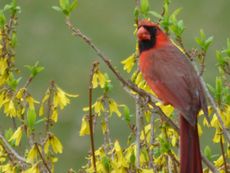
Birds Eating My Flowers: Why Do Birds Eat Flower Buds
Gardeners are constantly worrying about protecting their plants from hungry deer, rabbits, and insects. Sometimes our feathered friends can also eat flowers and buds from certain plants. Click here to learn why this happens.
By Darcy Larum
-
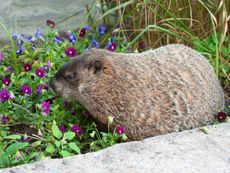
What Do Groundhogs Like To Eat In The Garden?
Click here for info on groundhogs and what they like to eat in the garden and landscape.
By Laura Miller
-
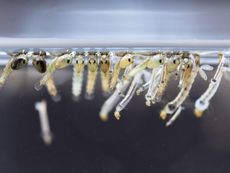
Larvicide Treatment Tips: How And When To Use Larvicide
There are many ways to deal with pests in the yard or garden. If you have standing water, larvicides can be a good option in addition to preventative practices. Know the pros and cons before you use larvicides in your garden. Click here to learn more.
By Mary Ellen Ellis
-
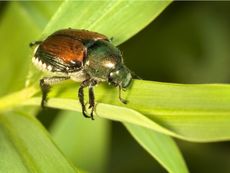
What Is Milky Spore: Using Milky Spore For Lawns And Gardens
Japanese beetle larvae feed on grass roots, leaving ugly, brown dead spots in the lawn. However, they are susceptible to several biological controls, including milky spore disease. Learn more about this here.
By Jackie Carroll
-
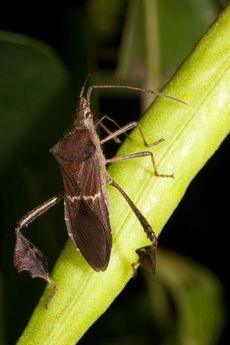
What Are Leaf Footed Bugs: Learn About Leaf Footed Bug Damage
Although many of the bugs in the garden can be easily distinguished as friend or foe, the leaf footed bug is not among them. These sometimes problematic insects require careful observation so you can clearly say if they're harming your garden plants. Learn more here.
By Kristi Waterworth
-
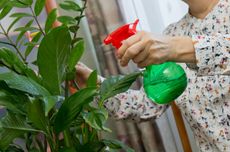
Indoor Thrips Control – Getting Rid Of Thrips On Houseplants
Thrips indoors are not as common as thrips on outdoor plants, but they do occur and it is important to take care of them before the damage becomes too difficult to deal with. It is best to identify them early in order to have the best chance in getting rid of them. Learn more here.
By Raffaele Di Lallo
-
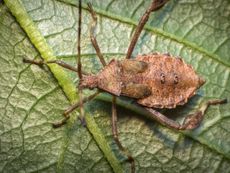
Controlling Squash Bugs - How To Get Rid Of Squash Bugs
Squash bugs are one of the most common pests affecting squash plants, but also attack other cucurbits as well. Squash bug identification is relatively easy to recognize with tips from this article.
By Nikki Tilley
-
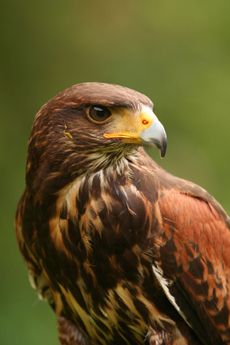
Controlling Predatory Birds: What To Do For Birds Of Prey In My Garden
If you enjoy watching wildlife in your garden, for some of you, one animal you don't want to see is a bird of prey. Find out how to discourage hawks and owls from visiting your garden in this article should they be a threat to your peace of mind.
By Jackie Carroll
-
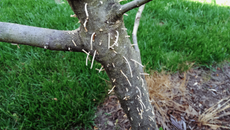
Preventing Granulate Ambrosia Beetles: Granulate Ambrosia Beetle Prevention And Treatment
The granulate ambrosia beetle can completely devastate over 100 species of deciduous trees. Learn how to avoid this damage with the ambrosia beetle control info found in this article.
By Jackie Carroll
-
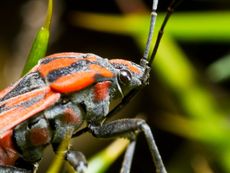
Chinch Bugs In Lawns: Learn About Chinch Bug Control
What are chinch bugs? These insect pests are known to plague turf grass across North America. There is a species for almost every climate and their activities cause irreparable damage to lawns. Click this article to learn more.
By Bonnie L. Grant
-
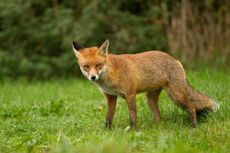
Predator Urine In Gardens: Does Urine Deter Pests In The Garden
Of all garden pests, mammals are often the ones that can do the greatest damage in the shortest time. One strategy for warding off these animals is to use predator urine as a pest deterrent. Learn more about this pest control method here.
By Ilana Goldowitz Jimenez
